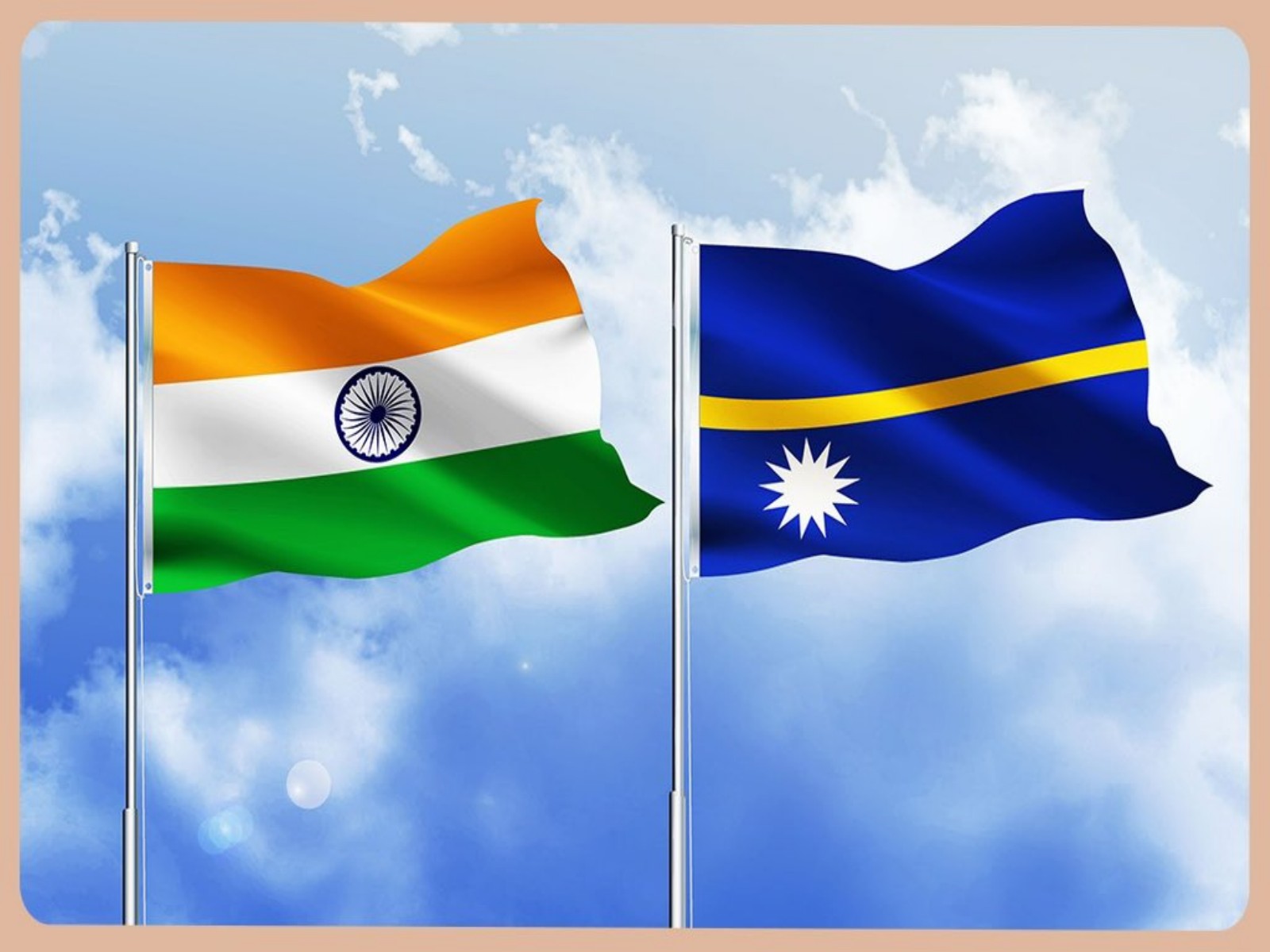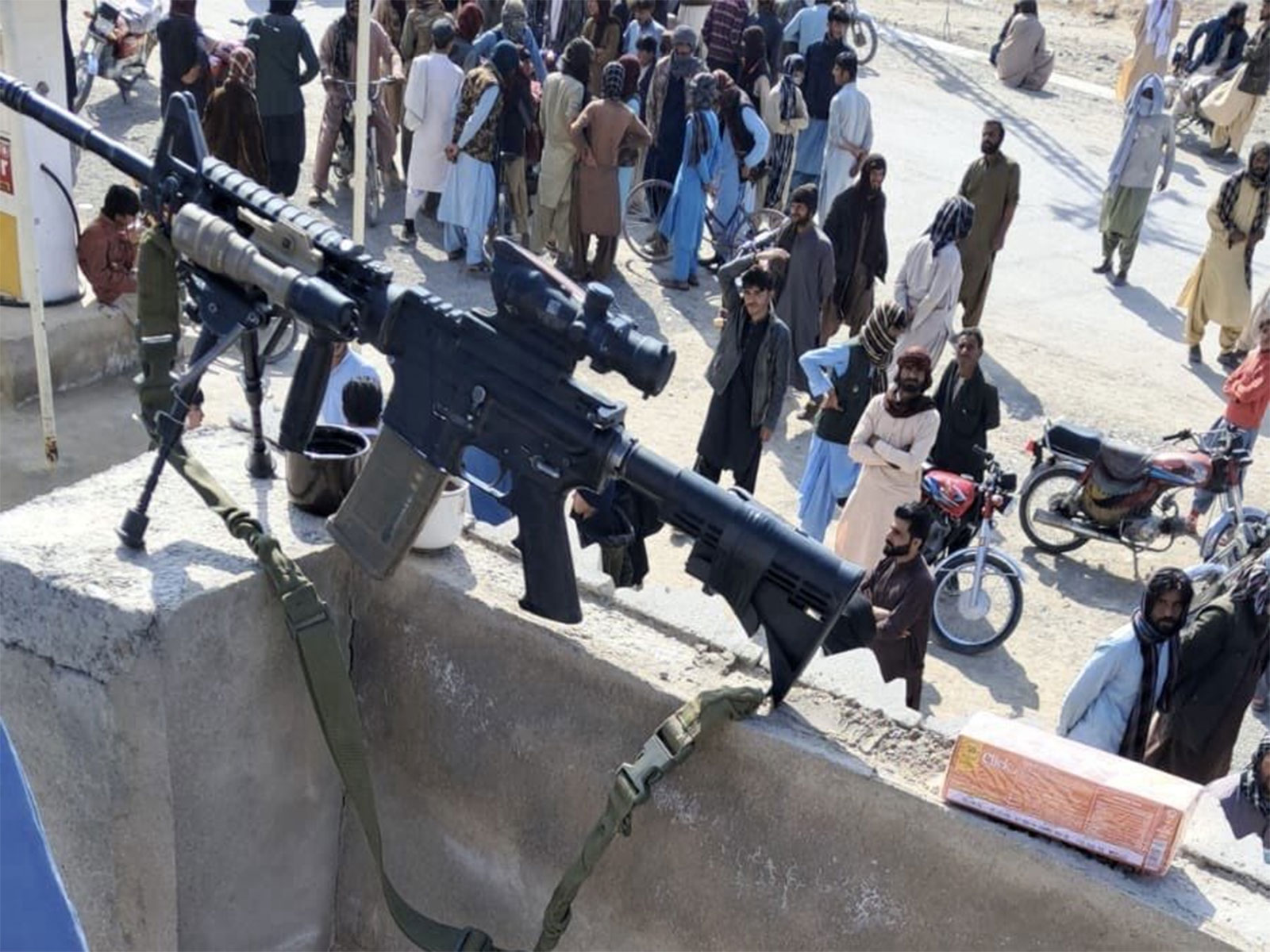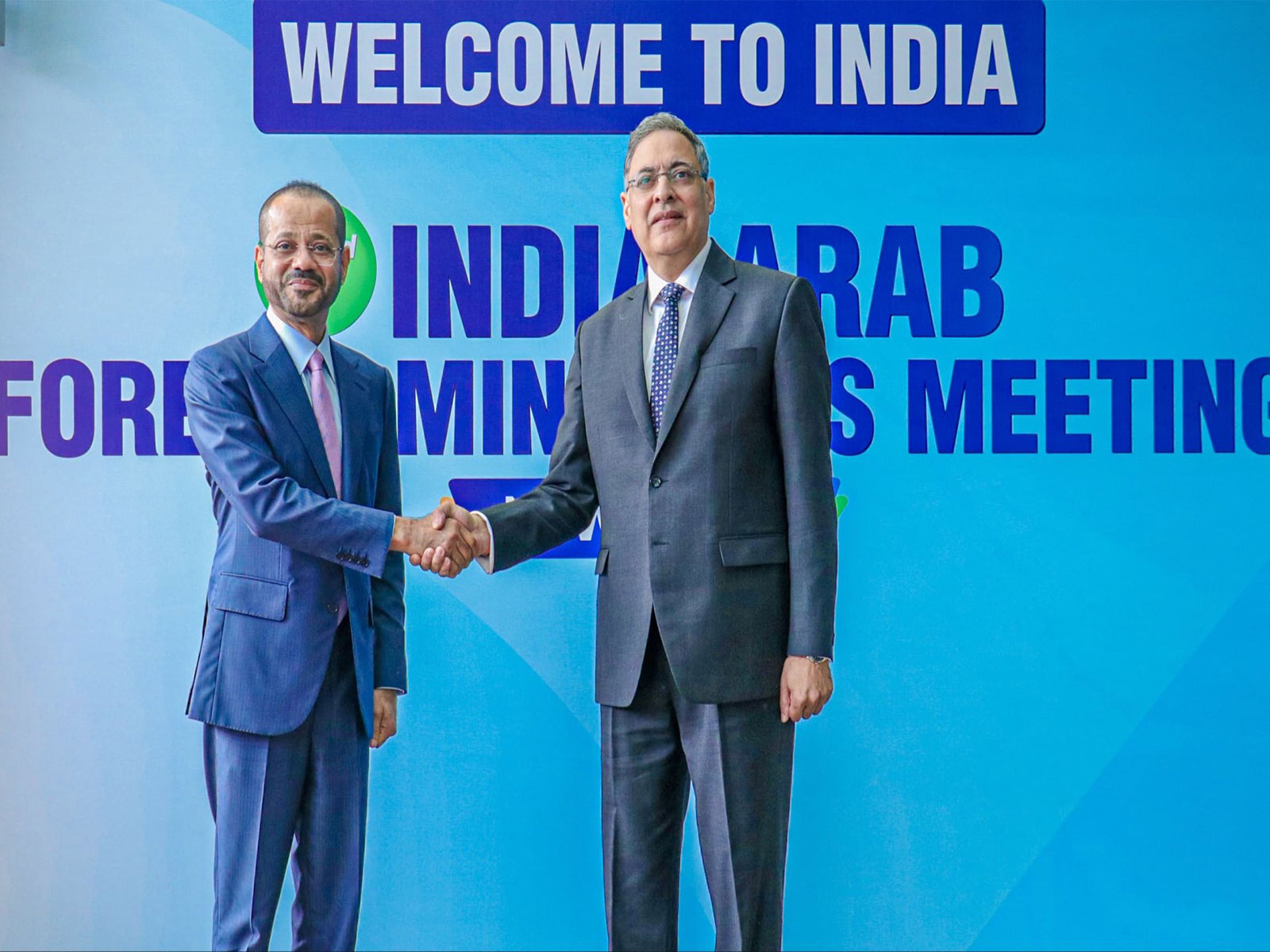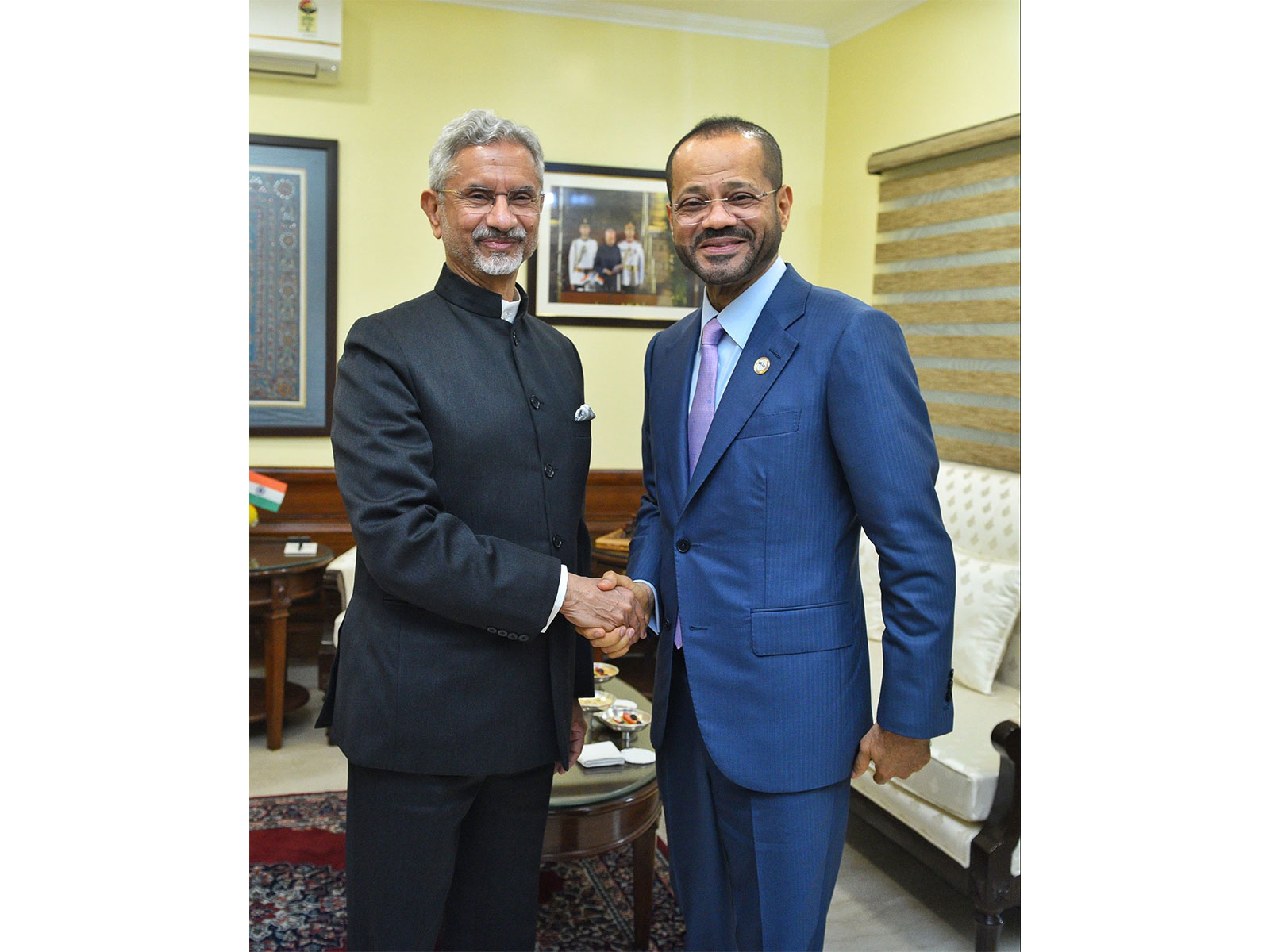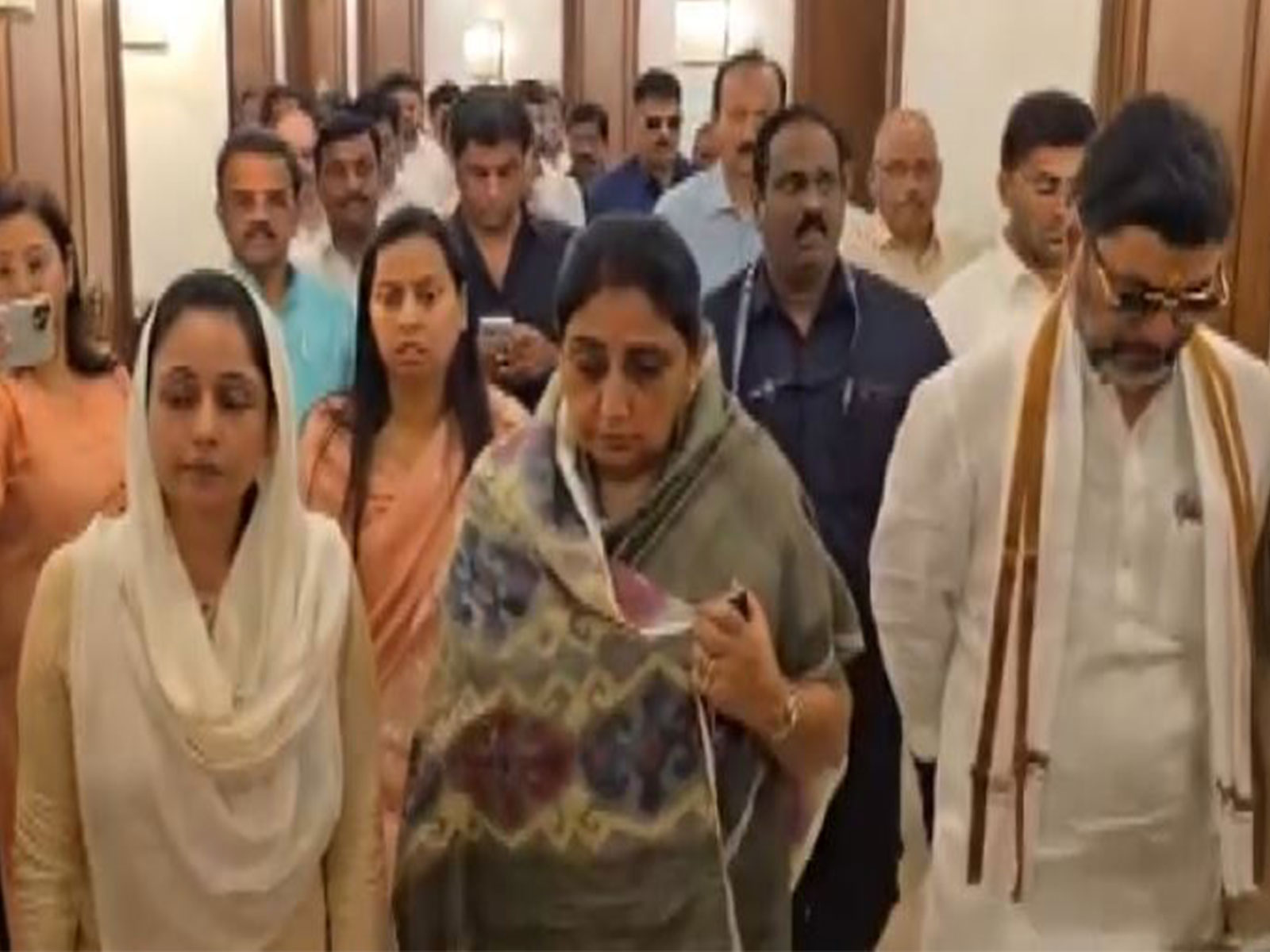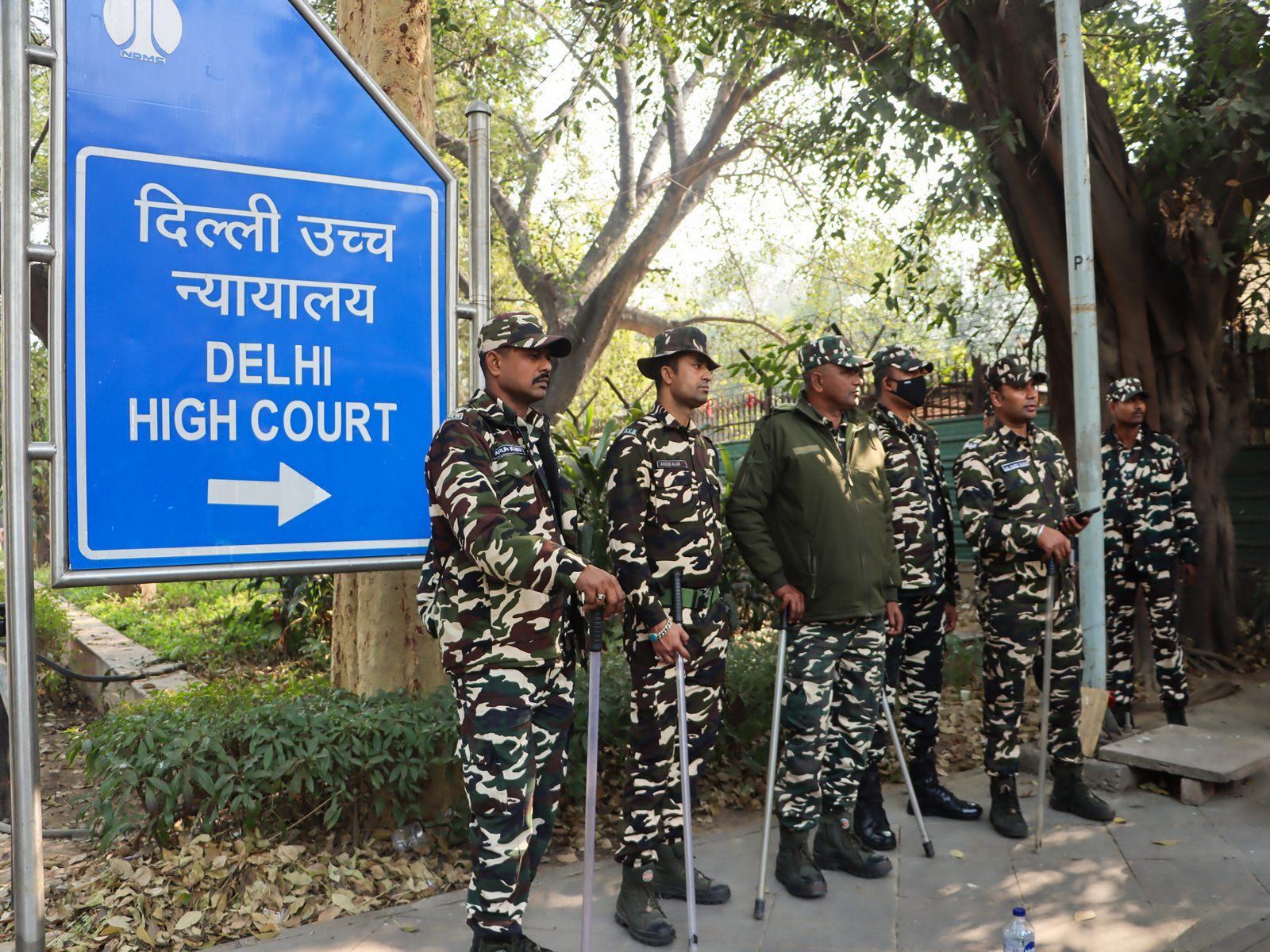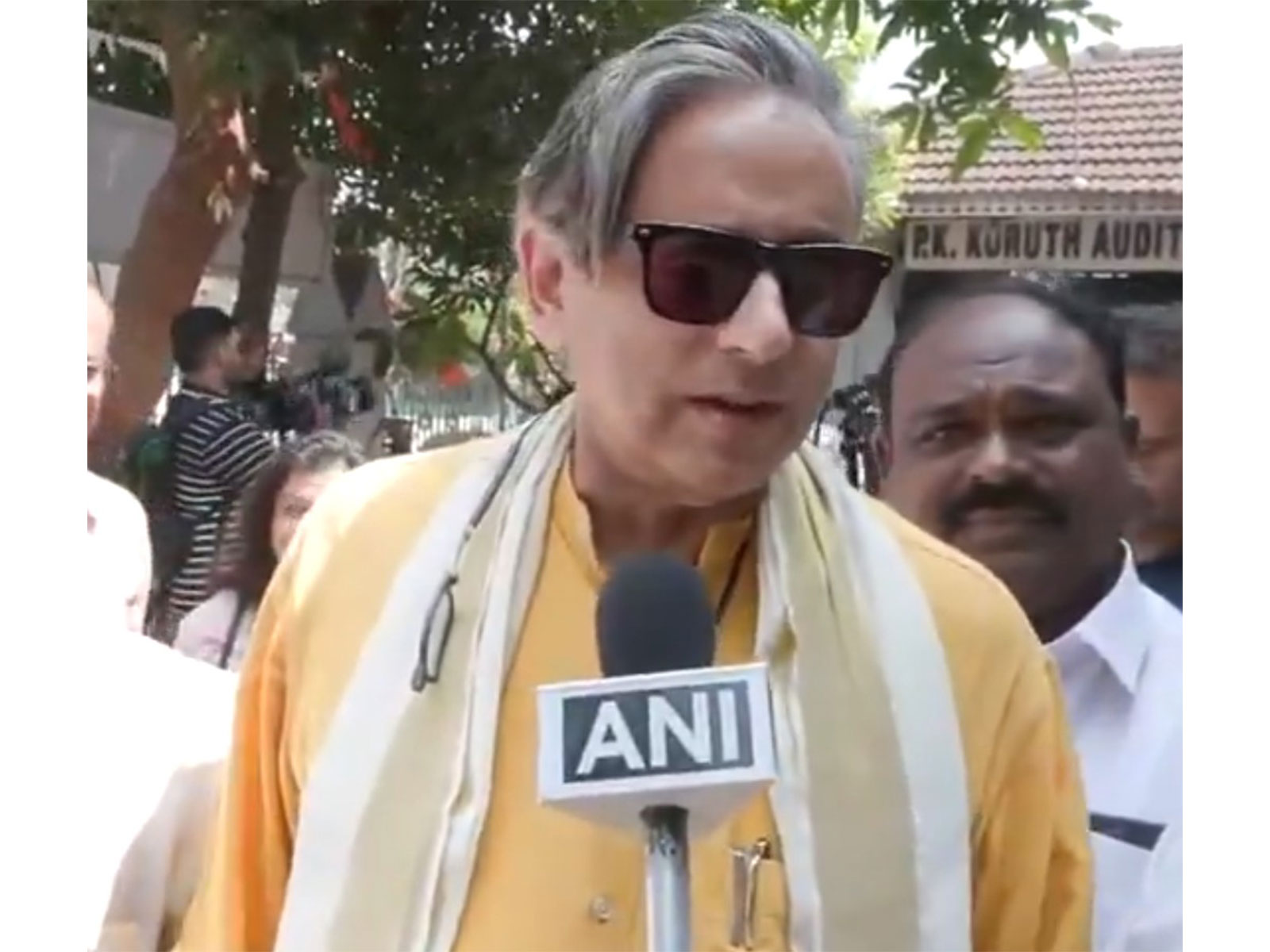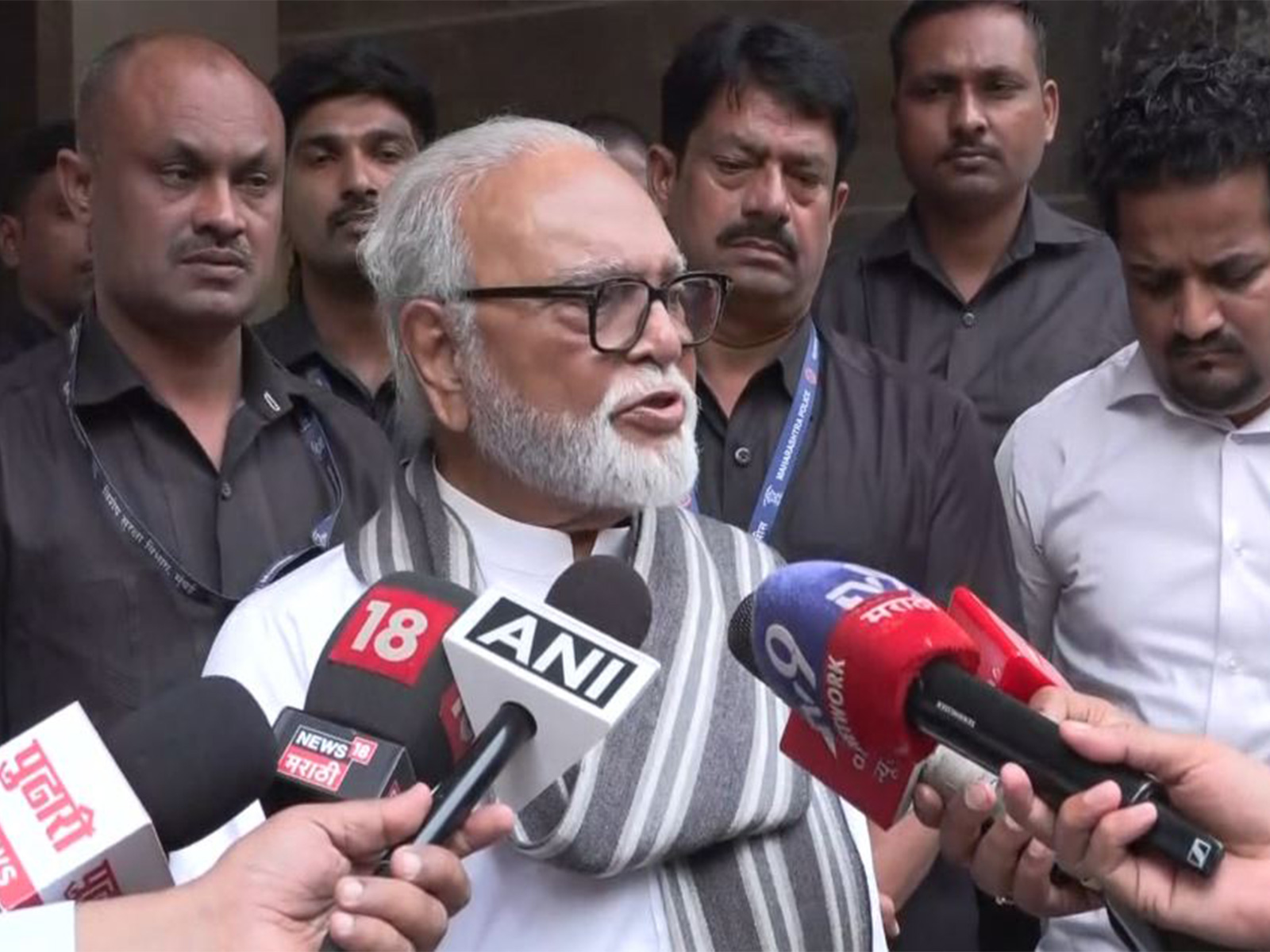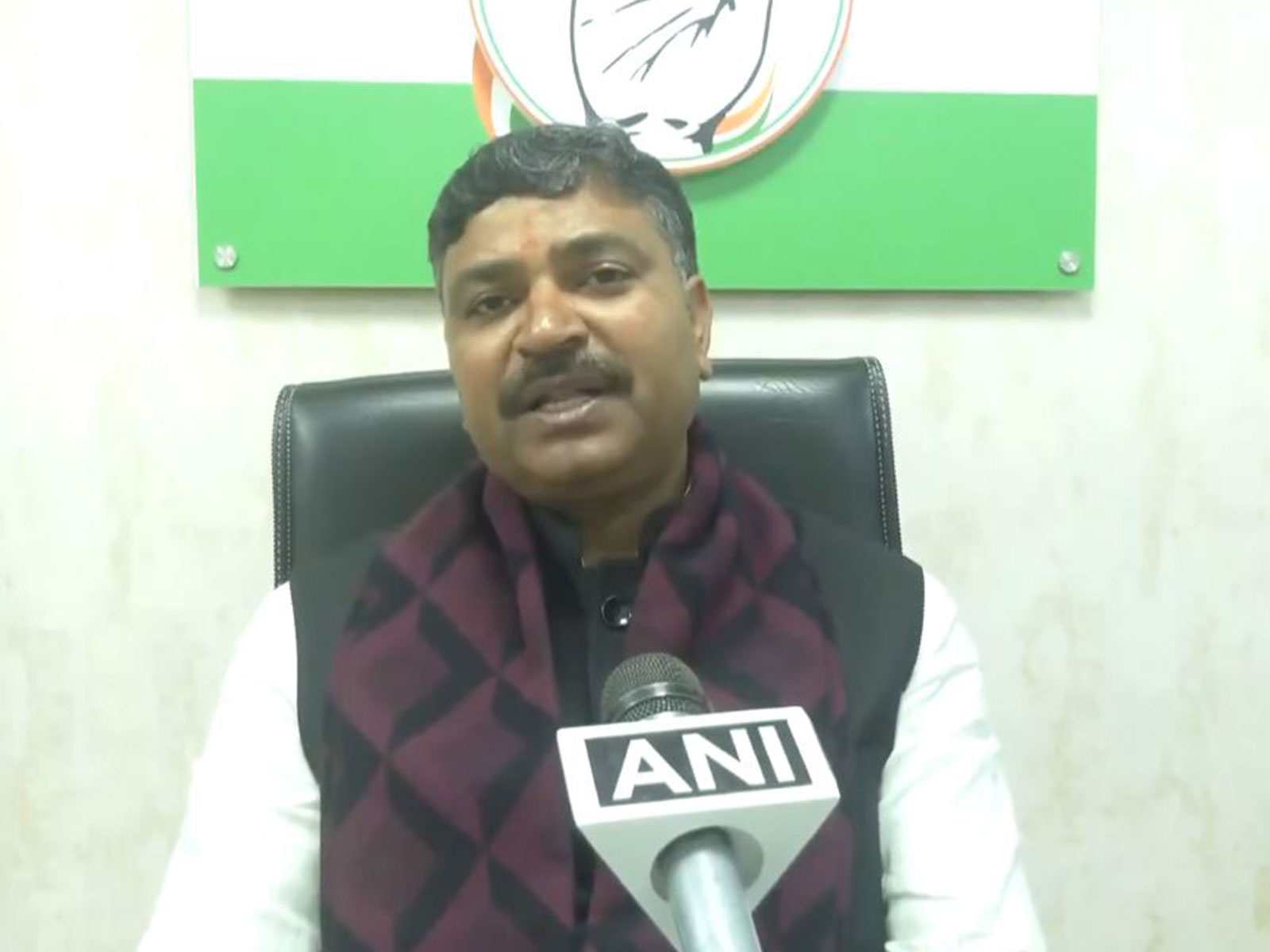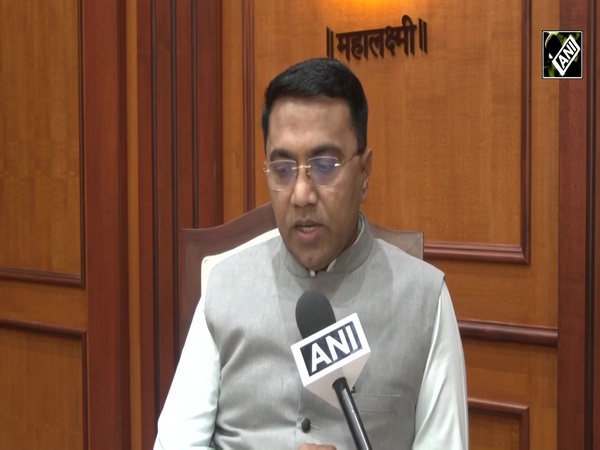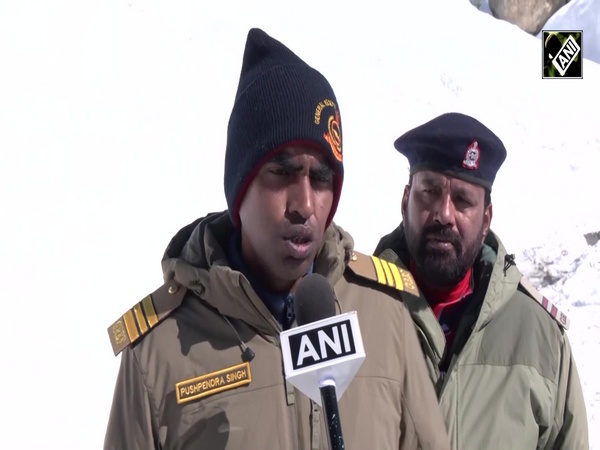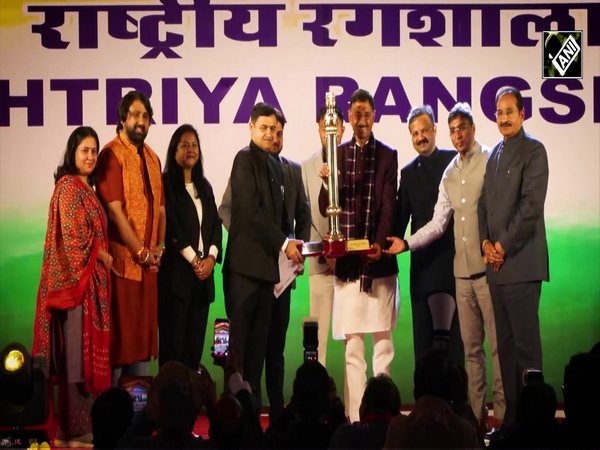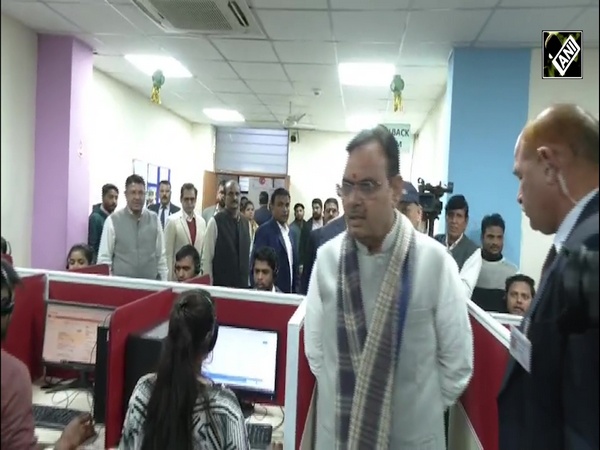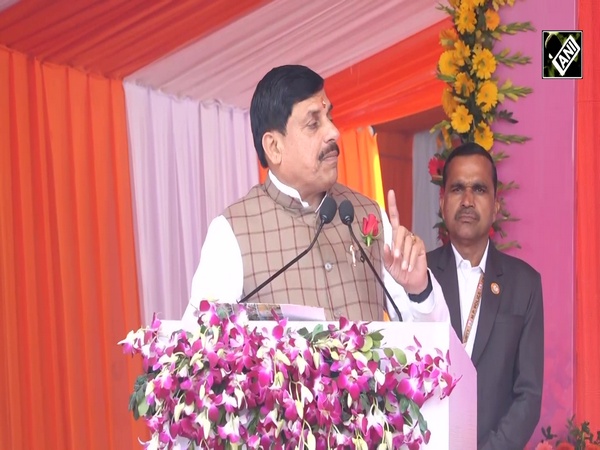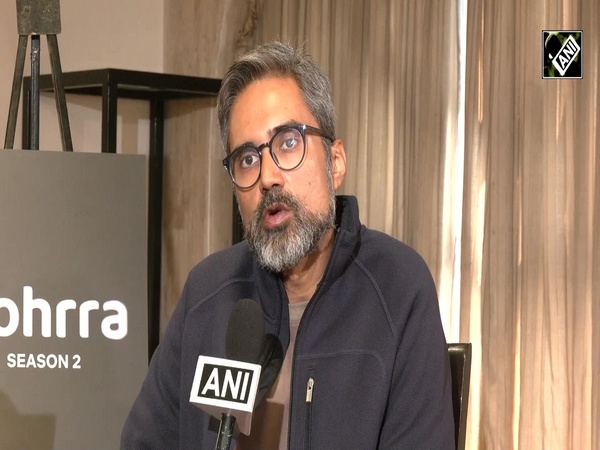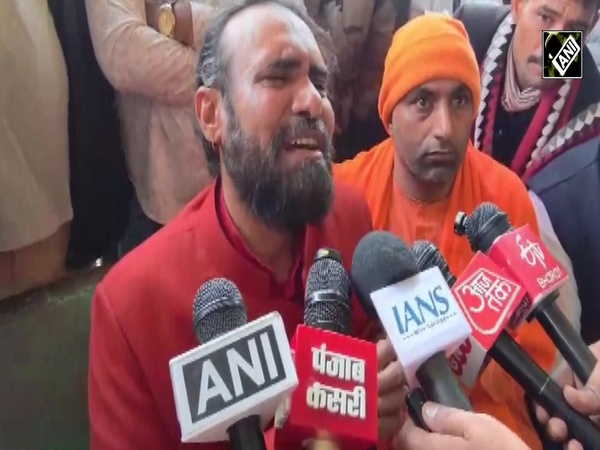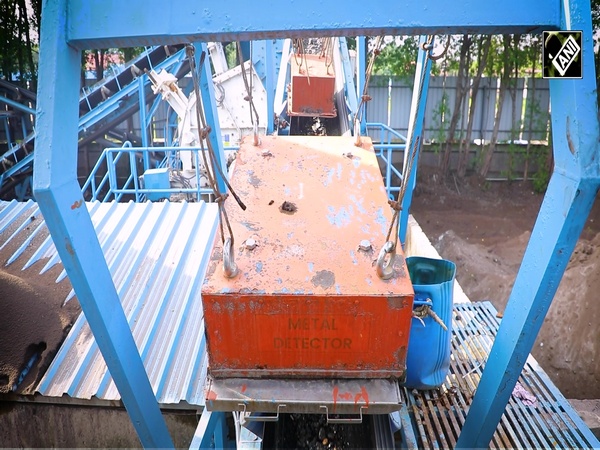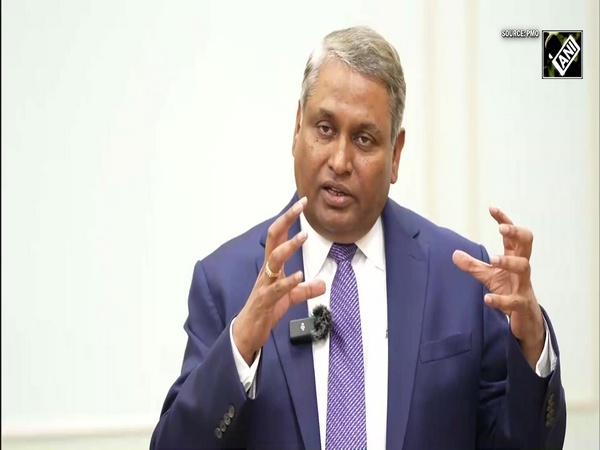Pakistan: Falsehoods exposed again
Feb 09, 2021

By Tilak Devasher
New Delhi [India], February 9 : In an October 2020 interview to an Indian on-line platform, Moeed Yusuf, Special Assistant to the Pakistan Prime Minister had asserted that India was behind the Tehrik-e Taliban Pakistan (TTP) merger with four other splinter organisations.
He further alleged that in August 2019, more than a million US dollars of Indian embassy funds were used to effect this merger.
In a press conference in November 2020 Foreign Minister Shah Mehmood Qureshi went further and claimed that Pakistan had prepared a dossier on Indian involvement in terrorism in Pakistan.
According to him, investigations into the recent upsurge in violence in Pakistan revealed that it was a direct consequences of India's intensified engagements with all brands of terrorists and that Indian Intelligence Agencies were endeavouring to resuscitate various banned terrorist outfits.
A press release issued at the conference alleged that after unification of the TTP with its breakaway factions (Jamaat-ul-Ahrar-JuA and Harkat-ul-Ahrar-HuA) in August 2020, India was endeavouring to establish a consortium of TTP with dissidents of Balochistan (BLA, BLF and BRA) which were already united under the banner of BRAS (Baloch Raaji Aajoie Sangar) constituted in 2018.
Further, RAW while using Indian Embassy in Afghanistan held a number of meetings with TTP Commanders and that RAW was supposedly providing weapons, ammunition and IEDs to them. The evidence contained in the dossier revealed that TTP leaders after collecting the weapons reached back their safe locations after crossing the border into Pakistan.
Soon after Qureshi's press conference, Pakistan's envoy to the UN Munir Akram had handed over the dossier to UN Secretary General Antonio Guterres stressing on the Indian sponsorship of two UN- designated terror groups - the TTP and JUA.
He said at a press conference 'We knew of India's hand in such attacks. We now have gathered irrefutable evidence that India is engaged in a systematic campaign to destabilise Pakistan through terrorist attacks, promotion of secession and subversion.'
With such a crescendo, Pakistan's expectation was that in every future UN debate and document, India would be hauled over the coals for sponsoring terrorism in Pakistan since Paksitan had supposedly submitted 'irrefutable' proof to the UN.
However, to its shock, the twenty-seventh report of the UN's Analytical Support and Sanctions Monitoring Team dated 03 February 2021 did no such thing. On the contrary, it was an anti-climax and a slap on the wrist for Pakistan. In para 68 the report mentioned: 'Tehrik-e Taliban Pakistan (TTP) (QDe.132) was reported to have overseen a reunification of splinter groups that took place in Afghanistan and was moderated by Al-Qaida. [Emphasis added].
Bolstering the argument, the report held that, 'Member States report little evidence of significant changes in relations between Al-Qaida and the Taliban. Al-Qaida assesses that its future in Afghanistan depends upon its close ties to the Taliban, as well as the success of Taliban military operations in the country.' As is well known, the TTP has pledged allegiance to the Afghan Taliban a long time ago. Hence, the facilitation of the Al Qaida in moderating the differences in the TTP is perfectly understandable.
Commenting on the UN report, Pakistan's Ministry of Foreign Affairs (MOFA) in a press release on 07 February 2021 stated that 'the report vindicated Pakistan's long standing position on threats posed to Pakistan and the region by groups like the TTP, JuA, HuA and their affiliates based in Afghanistan.
Pakistan, in the past, has drawn attention of the international community to the support provided to TTP and its affiliates by the hostile intelligence agencies. One result of that support was the merger of JuA, HuA, and other splinter groups of LeJ with TTP in Afghanistan last year. Pakistan acknowledges UNMT's efforts in exposing the hostile agencies' sponsored collusion of anti-Pakistan elements in Afghanistan.'
What the press release did not realise was that it actually contradicted the November 2020 assertion of the Foreign Minister that TTP cadres, after receiving weapons, crossed back into Pakistan.
In other words they were based in Pakistan and not in Afghanistan. Moreover, the government of Afghanistan in a statement on 15 November 2020 had also rejected as baseless such allegations when it stated 'We are committed to the policy of combating all forms of terrorism in the world without any discrimination. We will never allow Afghan soil to be used for disruptive activities against other countries.'
Pakistan's complex links with the TTP have been well-documented. For one thing, Pakistan had recently sought to have Aamir Ali Chaudhury, a TTP operative specializing as an electronics and explosives expert de-listed from the UN's Al Qaida Sanctions Committee. Chaudhury was incidentally associated with the bomb used in the failed May 2010 attack in Times Square, New York City.
Media reports also indicate that Sirajuddin Haqqani, head of the Haqqani Network, was meeting and negotiating with the current TTP head Noor Wali Mehsud at the request of Army chief Bajwa and ISI Chief Faiz Hameed.
Moreover, Ehsanullah Ehsan, the former TTP spokesman, had 'escaped' from Pak army custody in early 2020 and the army has not given any satisfactory explanation of how this happened. Ehsan in a 03 February 2021 social media post has claimed that the army wanted to have a new agreement with him, close all cases, and even settle him in central Punjab giving him land and Rs 150 million!
It boggles the imagination that the Pak army would go to such lengths to build bridges with an organisation that was supposedly beholden to India!
Two things are critical about the UN report and the statement of Pak MOFA. The UN report clearly highlights the role of Al Qaeda in 'moderating' the merger of the TTP with splinter groups. Nowhere does the report talk about any Indian involvement or even 'hostile agencies'.
This should be enough to debunk the false propaganda and outright lies peddled by Moeed Yusuf and Shah Mehmood Qureshi. This should also be enough to demolish the preposterous claims made in the 'dossier' handed over with so much fanfare last year about India being a state sponsor of terrorism.
Second, it is mystifying that MOFA while commenting on the UN report does not mention the role of Al Qaida in moderating the TTP merger that had been highlighted in the Report. The moot question is why not? Why has MOFA chosen to deliberately avoid a reference to this and quote the report selectively?
The reason is that references to the Al Qaeda having brought the TTP and its affiliates together demolishes Pakistan's carefully constructed falsehoods and egregious lies that India was behind the merger.
Admitting the role of Al Qaida in the unity moves would also show that Yusuf and Qureshi were lying through their teeth when they blamed India. And finally, it would have torn to shreds the dossier about Indian involvement in terrorism in Pakistan presented with such flourish to the international community and the UN.
In effect, the UN report totally rubbishes the Pak dossier because not a single allegation in it finds mention in the report. This underlines that the Team regarded it as concoted garbage, something that India had underlined after Qureshi's press conference.
And yet, by not referring to the full statement of the UN Team on the TTP and by selectively quoting from it, what MOFA has admitted that it was hiding something. It also confirmed India's position that it had nothing to do with the TTP or any kind of terrorism in Pakistan.
Thus, the UN report has become the latest international document exposing the lies and falsehoods of Pakistan and further eroding whatever credibility Pakistan has left on issues of terrorism.
In the process, Pakistan's protracted narrative building to paint India as a state sponsor of terrorism has miserably failed. In fact, it is clear to the international community that Pakistan is reaping the whirlwind of having sown the seeds of terrorism in the neighbourhood for the past several decades. No amount of obfuscation or shifting the blame can exculpate Pakistan.
(Disclaimer: The author of this opinion piece is Tilak Devasher, who is a former Special Secretary, Cabinet Secretariat, Govt of India and the author of three acclaimed books on Pakistan.)
